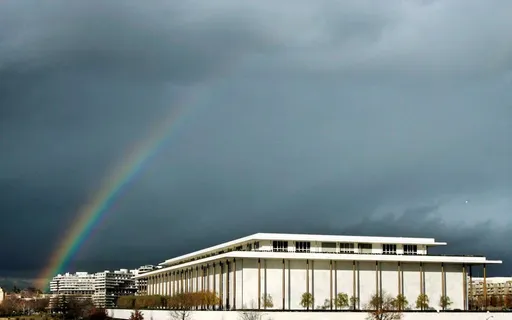Egypt extended its state of emergency for an additional three months with the approval of the parliament on Sunday.
The state of emergency was first imposed by President Abdel Fattah Al Sisi in the aftermath of twin blasts at two churches in the north of the country, which killed 47 people and left 120 wounded.
However, the country had already been in an unofficial state of emergency with restrictive laws imposed.
Since Egypt's first democratically-elected former president Mohamed Morsi was ousted in a military coup in 2013, the Sisi government has controlled the country with excessive power.
The police force has systematically used torture and arbitrary detention to silence political dissidents, particularly the Muslim Brotherhood, under Sisi’s regime.
Thousands of people have been tried by military courts and some have disappeared while in custody.
During the early period of Sisi’s rule, Egyptian security forces and the army conducted what was called the worst state-organised mass killing of protesters in recent history by Human Rights Watch, systematically killing nearly 1,000 protesters, who were opposing Morsi’s ousting in August 2013.
According to a 2016 Human Rights Watch report, between the July 2013 coup and May 2014, at least 41,000 people were either arrested or charged, and more than 25,000 more may have been arrested since 2015.
Other common violations in Sisi’s Egypt include mass trials, death sentences and extended pretrial detentions, according to the Tahrir Institute for Middle East Policy’s report.
Egypt has also executed several civilians in the last year, who were sentenced in military courts rather than civilian courts.
An Amnesty International report describes how the Egyptian National Security Agency abducts, tortures and disappears people, including children, to “intimidate opponents and wipe out peaceful dissent”.
Some torture tactics include beatings, electric shocks, rape and sexual abuse and the use of stress positions. Reports have also emerged of detainees dying during or soon after release from detention.
Those who want to protest or question these policies or any others are also severely limited. In 2013, the government passed a Protest Law that requires notification before protests for legality, which has been used extensively to block demonstrations. Police violence is also used to break up protests, the number of which has significantly decreased.
Anti-terrorism laws enacted in 2013 also limit the media in Egypt through their broad definition of terrorism. A 2015 law further punished media outlets for disseminating "false reports" or reports that were not in line with official statements.
According to political scientist Yasser Fathi, who wrote an article for TRT Arabic, Egyptian people live under a repressive political regime. The lifting or keeping of the state of emergency does not change the political structure in the country, he argued.
“The state of emergency in Egypt is essentially a political situation linked to the political system and not a legal situation,” Fathi said.
With the help of ordinary laws such as the demonstration law, the NGO law and anti-terrorism law, the restriction of fundamental human rights and absolute power of the regime will remain in both scenarios, whether there is a state of emergency or not, Fathi added.
























